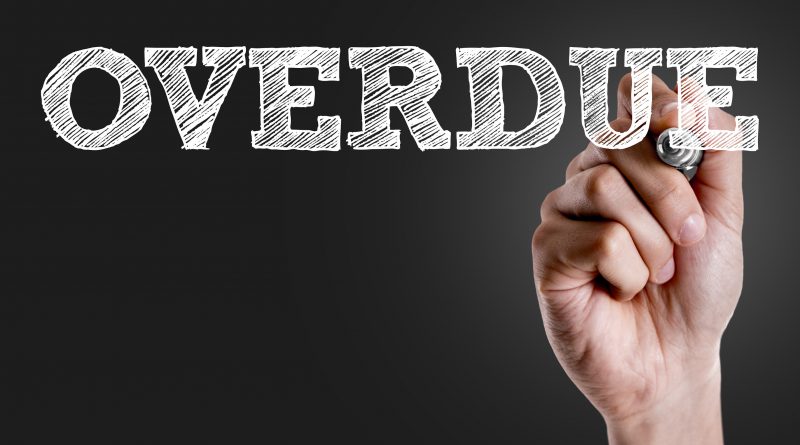Seven Ways to Deal with a Client that Won’t Pay Up
We hope you’ll never have to go through this but unfortunately it’s a common occurrence so it’s good to have a plan of action in place.
Sometimes the client will have just forgotten and sometimes they’re purposely avoiding payment. Whatever the case, you’ll be wanting to know what you can do as a freelancer to get the money that you’re owed. Here are our tips:
Take legal action
You can make a claim online at Money Claim Online (MCOL), which is HM Courts and Tribunals Service’s internet-based service for claimants and defendants.
The cost of taking legal action will depend on the value of your claim. You can claim between £300 and £100,000 via Money Claim Online. Sometimes telling the client you plan to take legal action will be enough to provoke them into paying you. If not, at least you can make a claim to recover the money.
Insist on a contract in future
While this might not get the money you’re currently owed, this will help to avoid missed payments in the future. While a contract is still no guarantee if your client disappears, it will help them to understand that you’re serious and that you need to be paid just the same as any other business they work with. If they’re in business themselves then they will hopefully understand this.
Manage invoices
Make sure you’re sending out your first invoice as soon as you’ve finished the work so you’re more likely to get paid quicker. After this, you should also send out an invoice reminder as some people will simply just forget or miss your invoice. Don’t just rely on one.
Set payment terms
Make sure you outline in both your contract and your invoice when you expect to be paid. Many people will opt for 30 days which gives businesses time to organise payment and not fall behind. Others will demand payment upon receiving work.
Get money upfront
Many businesses, having missed out on payments before, now ask for a percentage of the fee upfront. For some it’s 50%, others will even charge 100% upfront. This way, even if the client disappears, you’ve got something at least.
Having to pay 50% is much more likely to keep the client around to pay the remainder as they’ve already invested in you. This will hopefully sort good clients from the ones who just want some free work as those ones will go elsewhere as soon as you mention an upfront payment.
Charge late payment fees
If a client is late in paying you, why should you miss out? You’ve still got to pay the bills and late payments can make things like this a struggle for a freelancer who relies on a small pool of clients.
Many businesses will put in their contracts and invoices that a fee is applicable if the payment is received late. You can decide how much to charge, whether it’s a flat fee or a percentage of the project fee. You can also increase this depending on how late the payment is.
This will hopefully act as a deterrent but if not, at least you’re being compensated for your wait.
Include alterations
One of the reasons that clients will refuse to pay is that they’re not happy with the work. In this case it might help to include a fixed amount of alterations you are willing to do in your original price. Having a fixed number will stop you from working for free on countless alterations.
It will also give the client some protection to know that they will have a chance to make adjustments without having to face extra money. You can use this as a selling point.
However, make sure they’re only asking for alterations. Anyone asking for a little bit extra work, not already contracted is called a scope creep. They will continue to ask for bits of extra work that don’t seem like much but over time will add up so that you’re doing a lot of work for free.
Have you ever had trouble with missed payments? How did you resolve it? Please share your thoughts in the comments.




